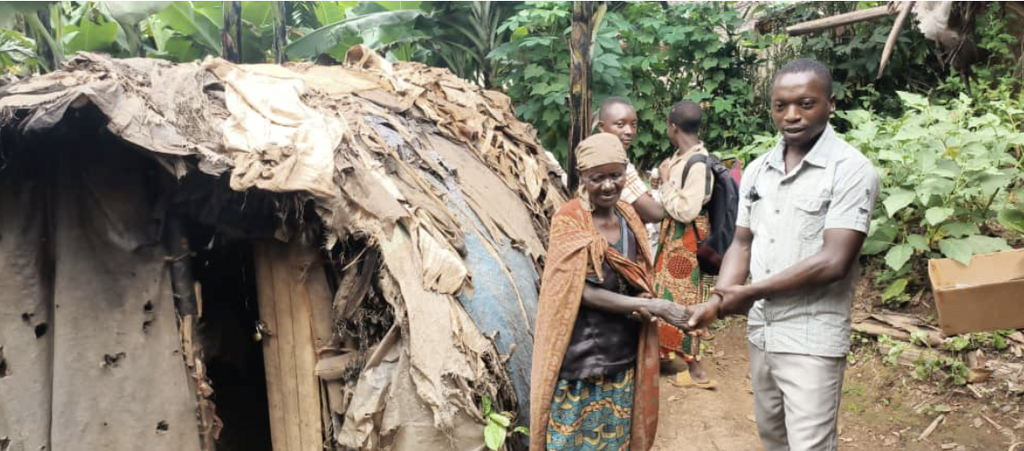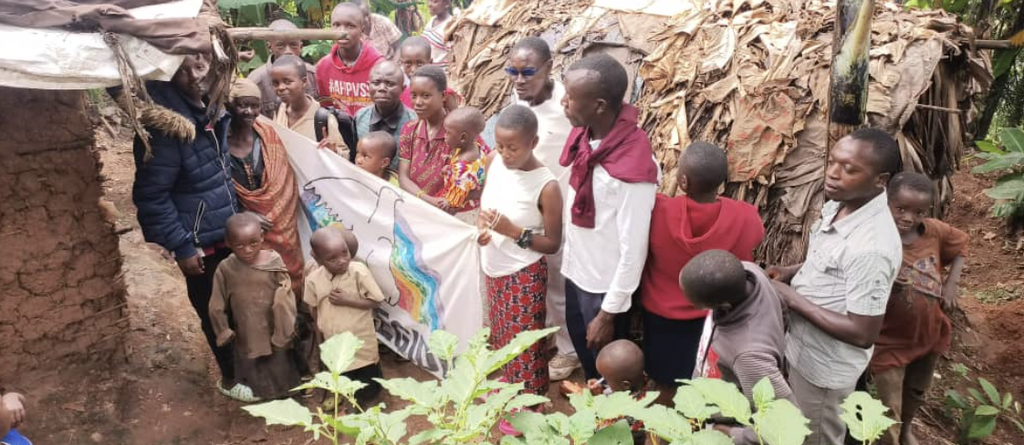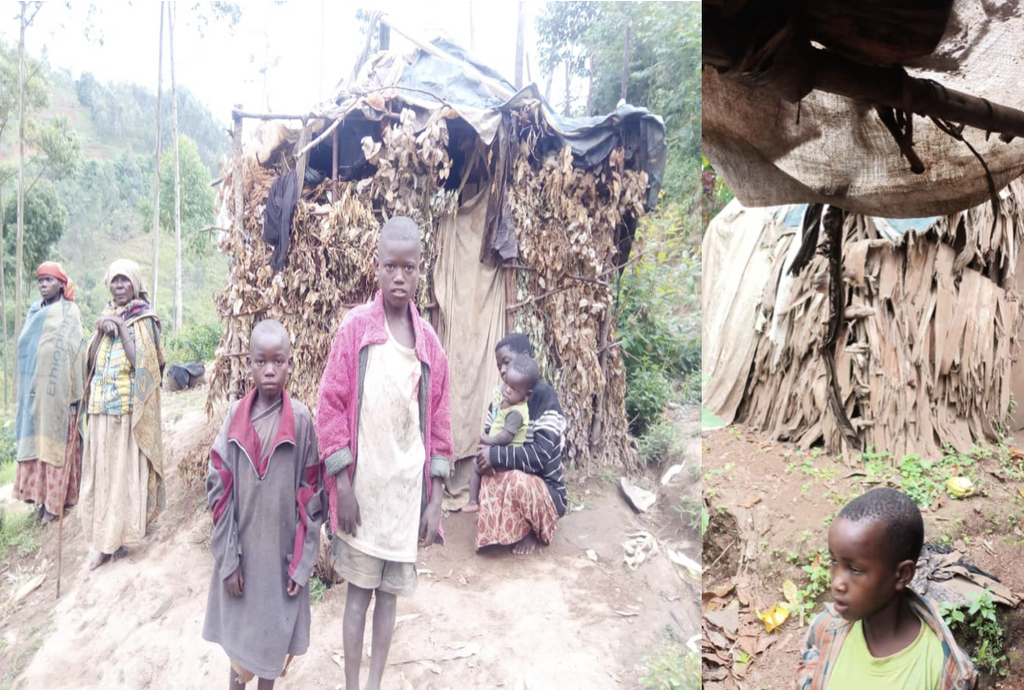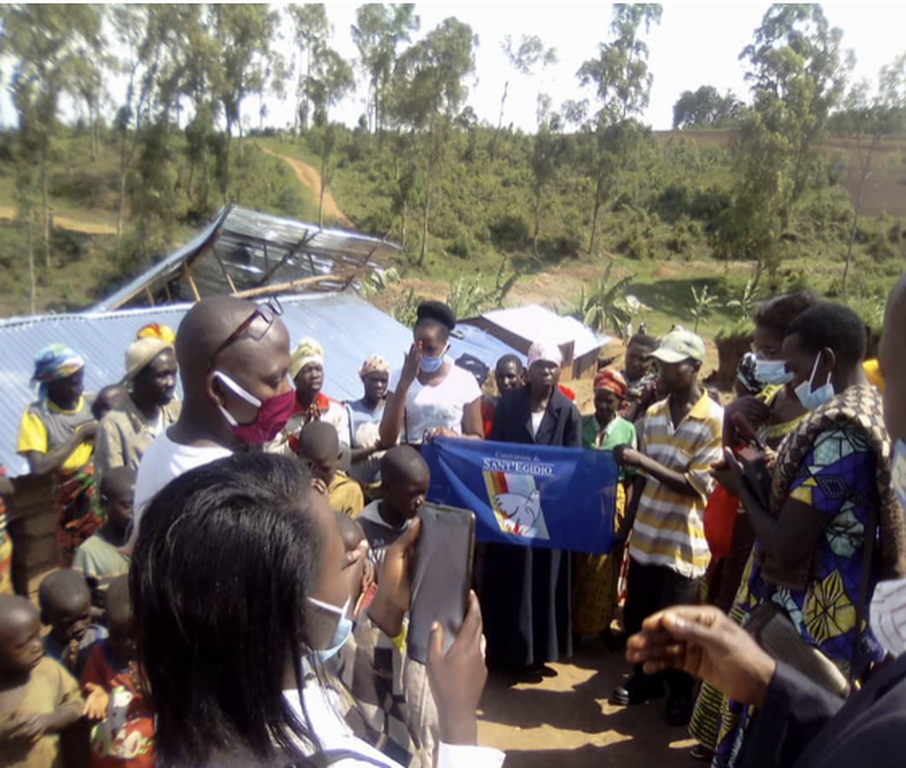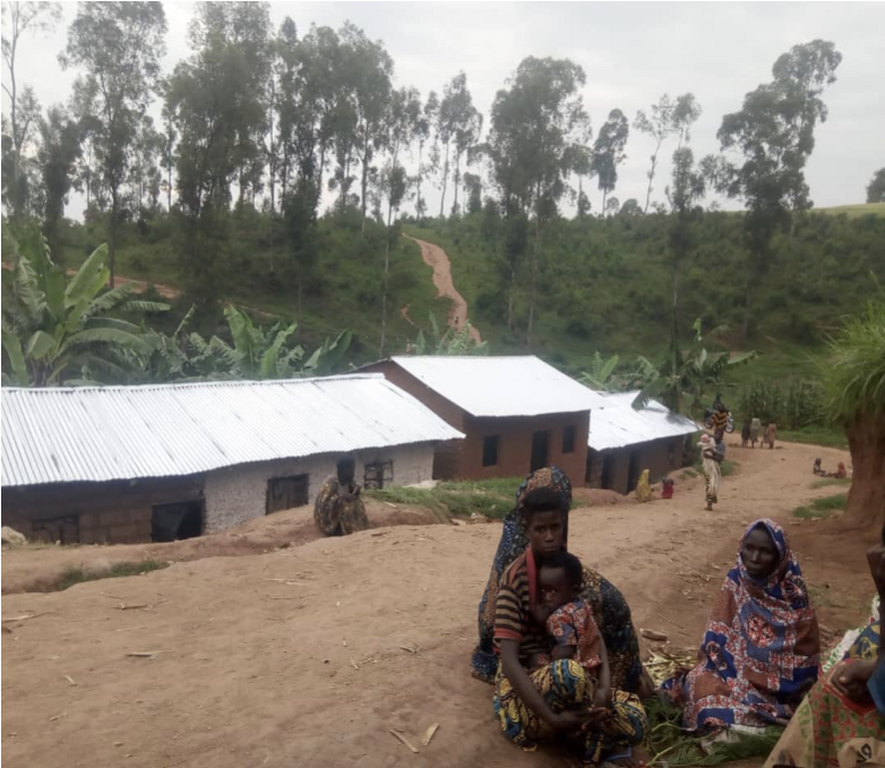The Batwa people - otherwise known as ‘pygmies’ - are a minority and very poor ethnic group in the African Great Lakes region. They represent about 1% of the population in Burundi. The Belgian administration conducted a strict ethnic-racist classification of the population in colonial times, and the Batwa were reserved for the lowest rung of the social ladder, being excluded from both schooling and inclusion in colonial institutions. These past discriminations have had consequences to this day. Despite some progress, most Batwa still live on the outskirts of cities or in rural areas, in very poor mud and bush huts, prey to frequent fires.
The illiteracy rate is very high and with the decrease of traditional sources of income such as hunting, iron works and pottery, this population is barely surviving.
The Communities of Sant'Egidio in Kayanza, a town in the north of Burundi, and in Buta, in the south of the country, have been committed to helping the Batwa people for some years. Their intervention is articulated both in direct aid - especially through the School of Peace and food support, with regular food distributions, to children and their families - and in building a network of collaboration to favour housing stability and integration into the world of work.
Recently, the Community has achieved two important results thanks to Sant'Egidio's fruitful dialogue with some of the institutional representatives. The Municipal Administration of Kayanza has handed over 20 houses to families who lived in dilapidated huts made of branches and it has introduced a regulation to protect the ownership of the land where the poor batwa houses stand. This prevents the risk of land-grabbing - i.e. the misappropriation of the land where the poor batwa houses stand - by speculators.
A training and job placement programme has been launched in Buta, in cooperation with other associations working with the Batwa. This is also an important step as for the first time this year, after years of work on schooling through the School of Peace of Sant'Egidio, a group of children completed the compulsory school cycle.














